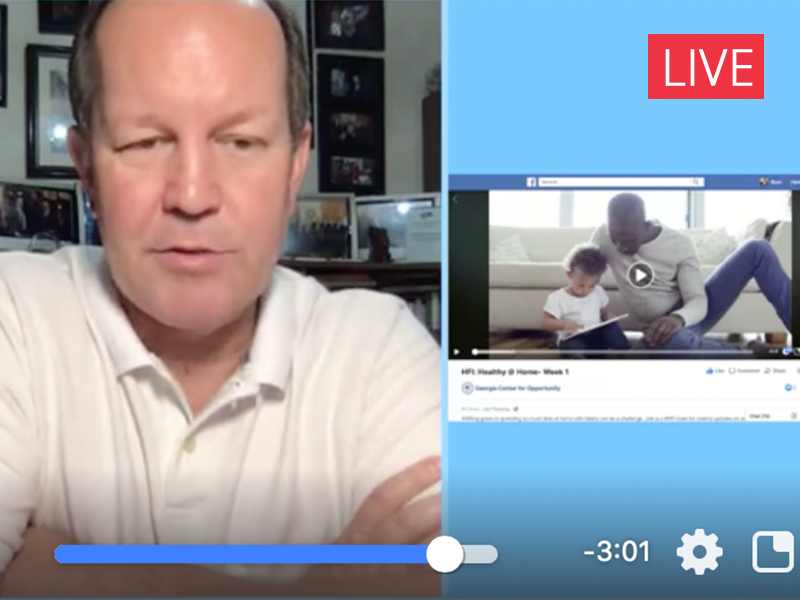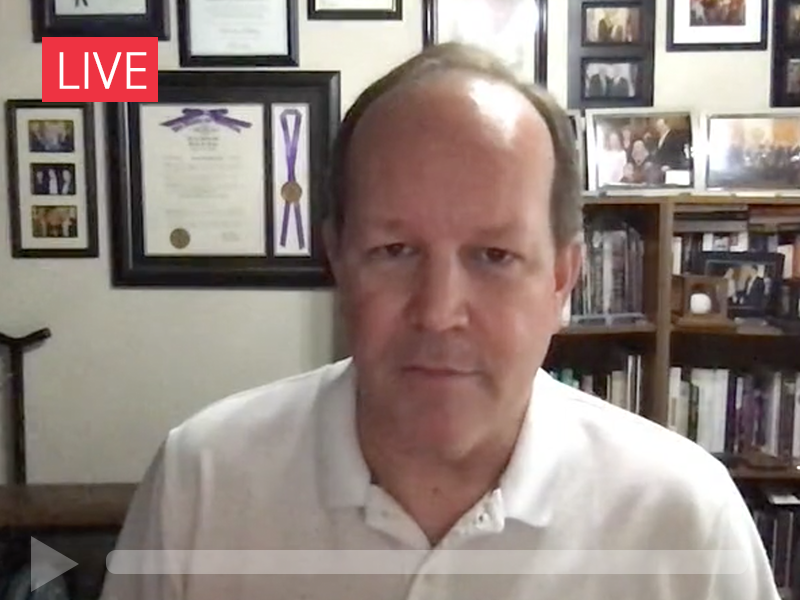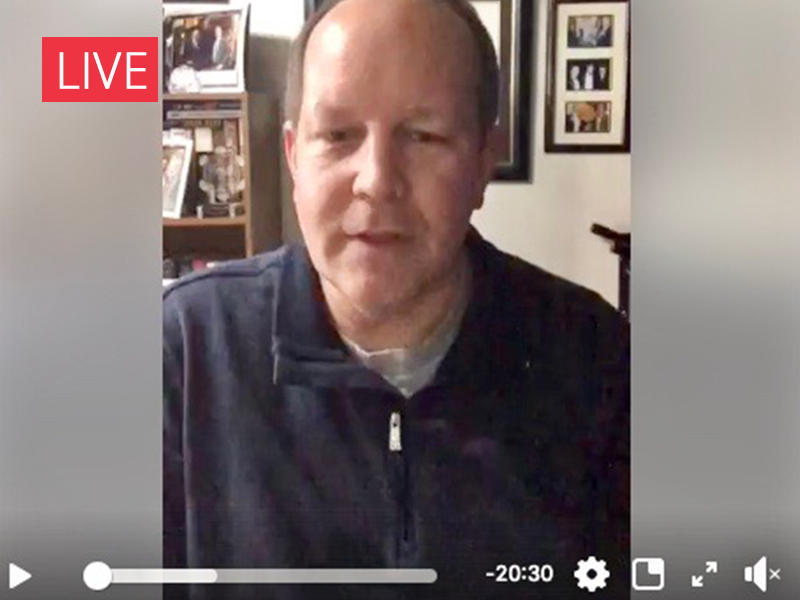This too shall pass.
At times, it may not feel like it, but the fact is that these are moments in time. We are a resilient people. We are going to get through this—and we actually are getting through this. When chaos happens we learn things about ourselves. Sometimes the dwell on the ugly things, but good things are happening and we simply need to learn from them.
Here are a few opportunities and lessons learned that will help us shape a better future for everybody:
 1. A Job Is More Than A Job
1. A Job Is More Than A Job
What a difference a few weeks makes. Just a month ago, unemployment was at 3.1% and the economy was booming. Now many face financial uncertainties for their businesses and for their households caused by closures and lockdowns. For many the feeling of hopelessness is new, but it proves the power that a job and financial provision can bring. When we are driven by purpose, hope is restored.
It’s easy to villainize those who want to increase jobs as callous individuals only interested in the “almighty dollar.” Now we can see a job brings purpose, hope, dreams, and a sense of dignity. Work is an important part of our sense of well being.
 2. We Were Meant for Relationship
2. We Were Meant for Relationship
Social distancing and lockdowns are making us appreciate the need and rewards strong relationships bring.
During a crisis that asks us to maintain distance, people are finding new ways to connect.
Why? Because we need it for our well-being. It is why we must continue to work to strengthen family and interpersonal relationships in all communities. Many people are taking online classes or learning new activities to bring us closer. While many of us had models for healthy relationships and interactions, not everyone has had that luxury. And after this is over, we will need to continue to foster these activities. Moving forward we must make sure that all people have access to the social capital that many of us are learning to appreciate on a new level.
3. Accessible Education For All
Many of us are experiencing the struggle of educating our kids. We are learning what it is like to try to find the best tools to keep our kids learning.
While a great resource, online education isn’t as readily available as we hoped. More importantly, while some students have moved to online options, not all can.
The lack of equitable educational opportunities will lead to change. The solution going forward will be modular options in education. Not all kids need to go into a physical 22-person classroom to get educational needs met. Ones that can should continue to do so, but we must open up our thinking to ensure every person has equal access to high-quality education.
 4. As Necessary as Government is, Our Communities Hold the Answer
4. As Necessary as Government is, Our Communities Hold the Answer
Yes, government has played a huge role in keeping society moving with stimulus packages and mobilizing services, but where we really flourish is in community action. From nonprofits providing services, feeding the needy, and connecting communities in an online environment to businesses providing the industry needed to keep goods flowing, all are examples of what happens when we work together to fight against a common enemy.
There will be thousands of stories coming out of this pandemic of neighbors supporting neighbors, foster families stepping up to help children forgotten during hardships, local community organizations providing services typically served by government, and businesses serving despite shackles of a lockdown as they await a return to normalcy.
We will persevere and we will be better.






 2. We Were Meant for Relationship
2. We Were Meant for Relationship 4. As Necessary as Government is, Our Communities Hold the Answer
4. As Necessary as Government is, Our Communities Hold the Answer
